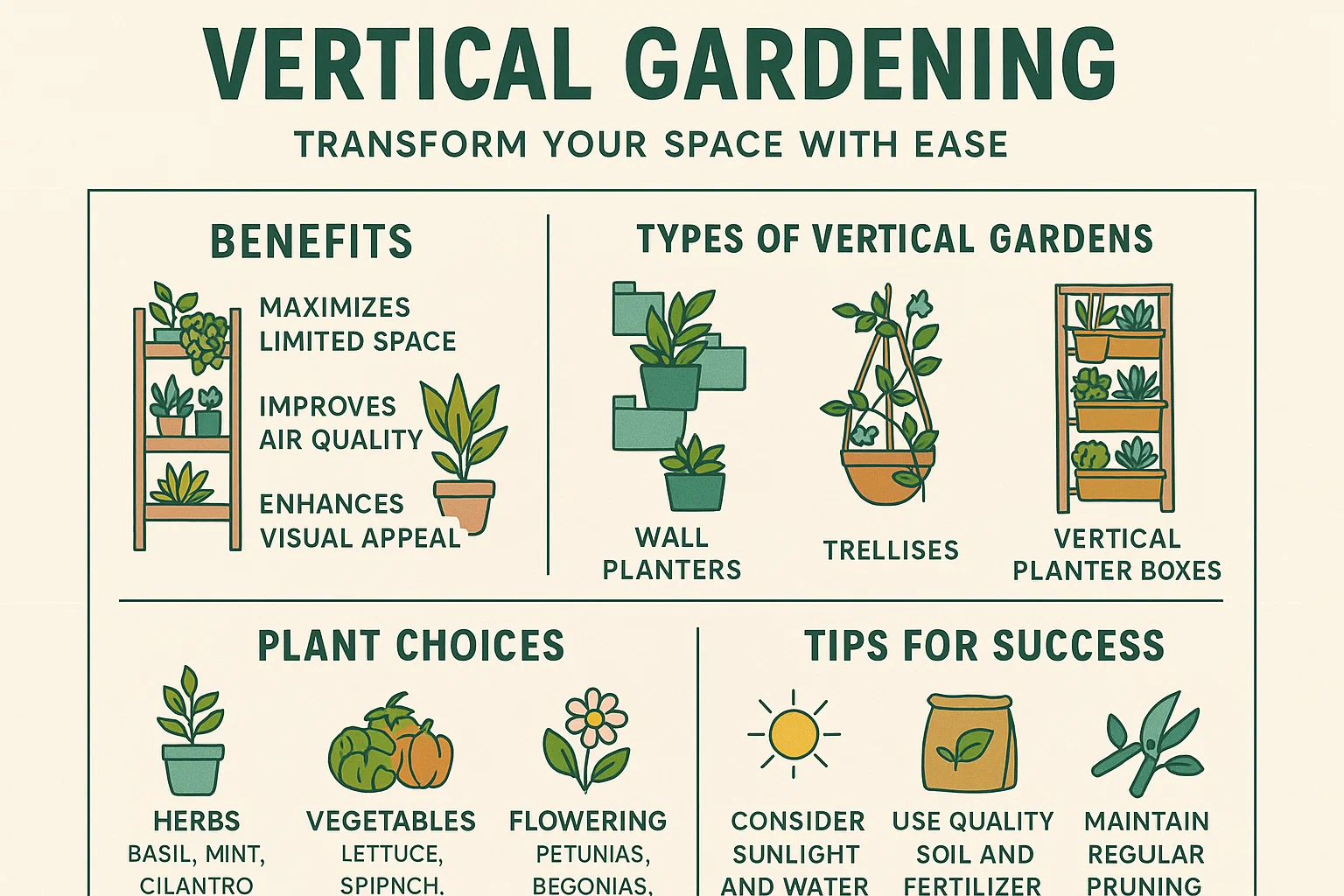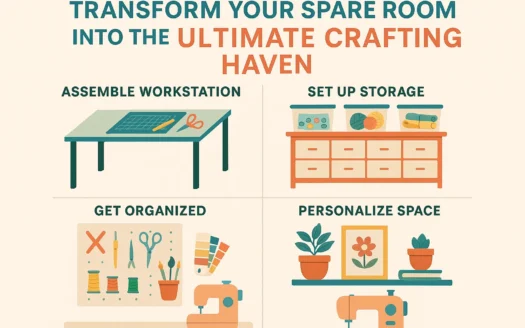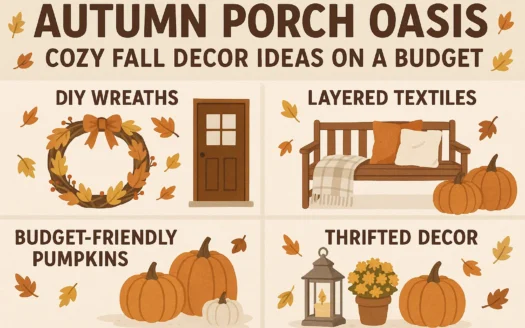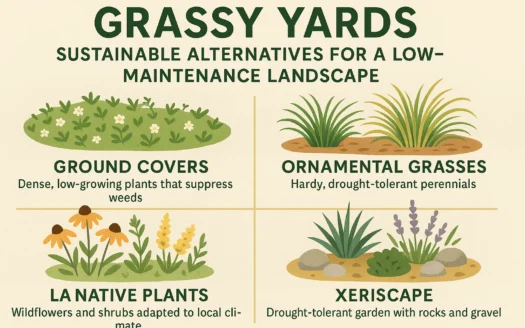The Ultimate Guide to Vertical Gardening: Transform Your Space with Ease
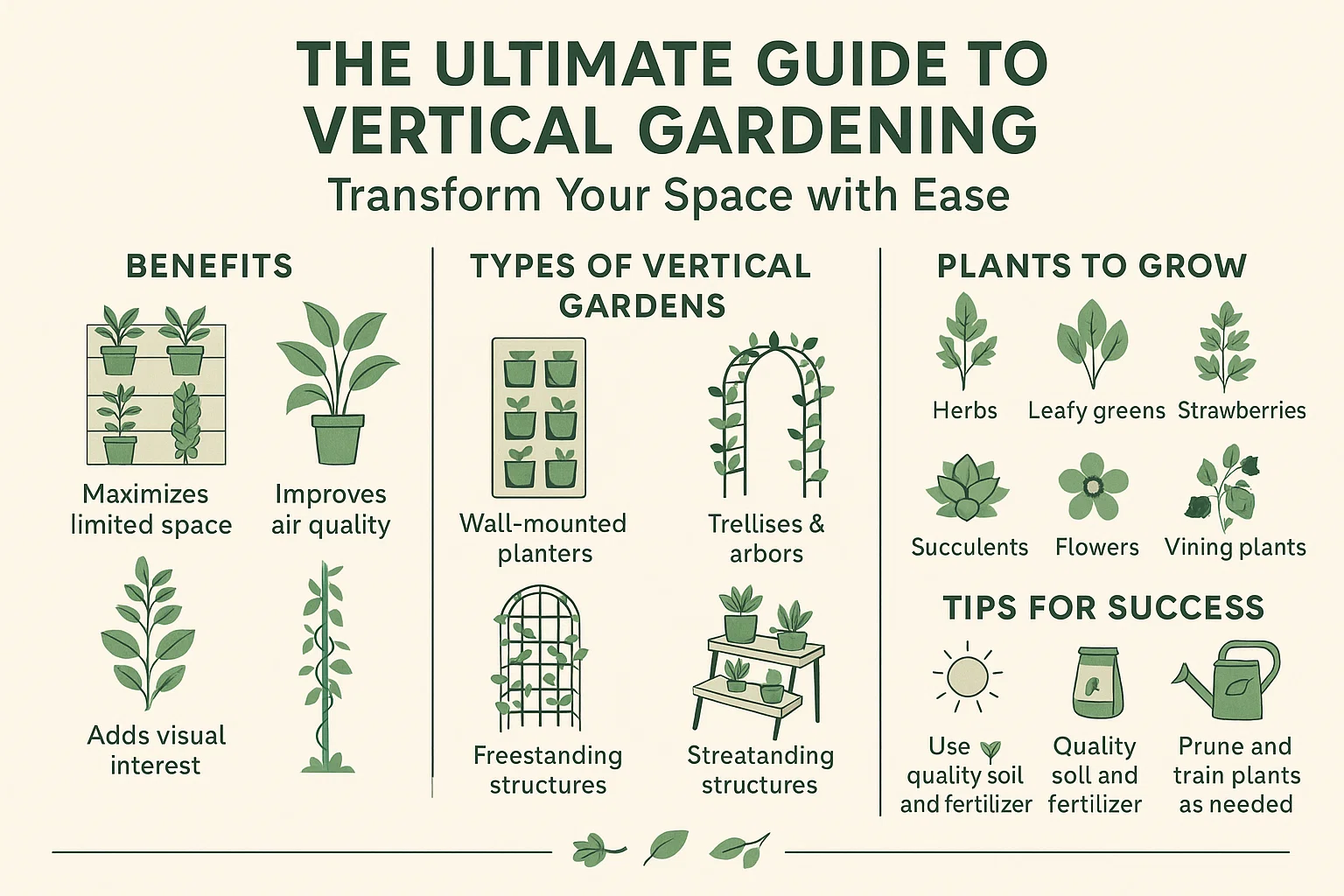
The Ultimate Guide to Vertical Gardening: Transform Your Space with Ease
Vertical gardens are becoming a popular choice for homeowners seeking to enhance their outdoor living areas. Perfect for adding a striking focal point to a patio wall or creating a low-maintenance alternative to traditional gardens, this innovative approach offers both beauty and practicality. With reduced bending, minimal pests, and healthier plants, vertical gardening is a solution worth exploring.
Why Choose a Vertical Garden?
- Space-Saving Design: Ideal for small yards or urban settings.
- Low Maintenance: No weeding or bending required.
- Pest-Resistant: Elevated plants deter slugs and ground insects.
- Visual Appeal: Turn bland walls into lush, living art.
Essential Supplies
- Wood pallet
- Sandpaper
- Staple gun & staples
- Hammer & nails
- Landscaping paper
- Potting soil
- ¼-inch thick medium-density fibreboard (MDF)
- Circular saw or jigsaw
- Plants (succulents or herbs work best)
Step-by-Step Instructions
- Prepare the Pallet: Sand rough edges. If the pallet lacks a back, cut the MDF to size and nail it securely to prevent soil spillage.
- Line the Structure: Use a staple gun to attach doubled-up landscaping paper to the back, sides, and bottom of the pallet, creating a sturdy soil pouch.
- Add Soil: Lay the pallet flat and fill it with potting soil through the slats, leaving room for plants.
- Plant Strategically: Start at the bottom, tucking plants tightly into gaps between slats. Work upward row by row.
- Water & Wait: Water thoroughly and keep the pallet horizontal for two weeks to let roots establish.
- Display Your Garden: Lean it against a wall or attach hooks to hang it vertically. Enjoy your stunning, space-saving creation!
With just a few hours of effort, you’ll have a vibrant vertical garden that combines functionality with natural beauty. Happy gardening!
